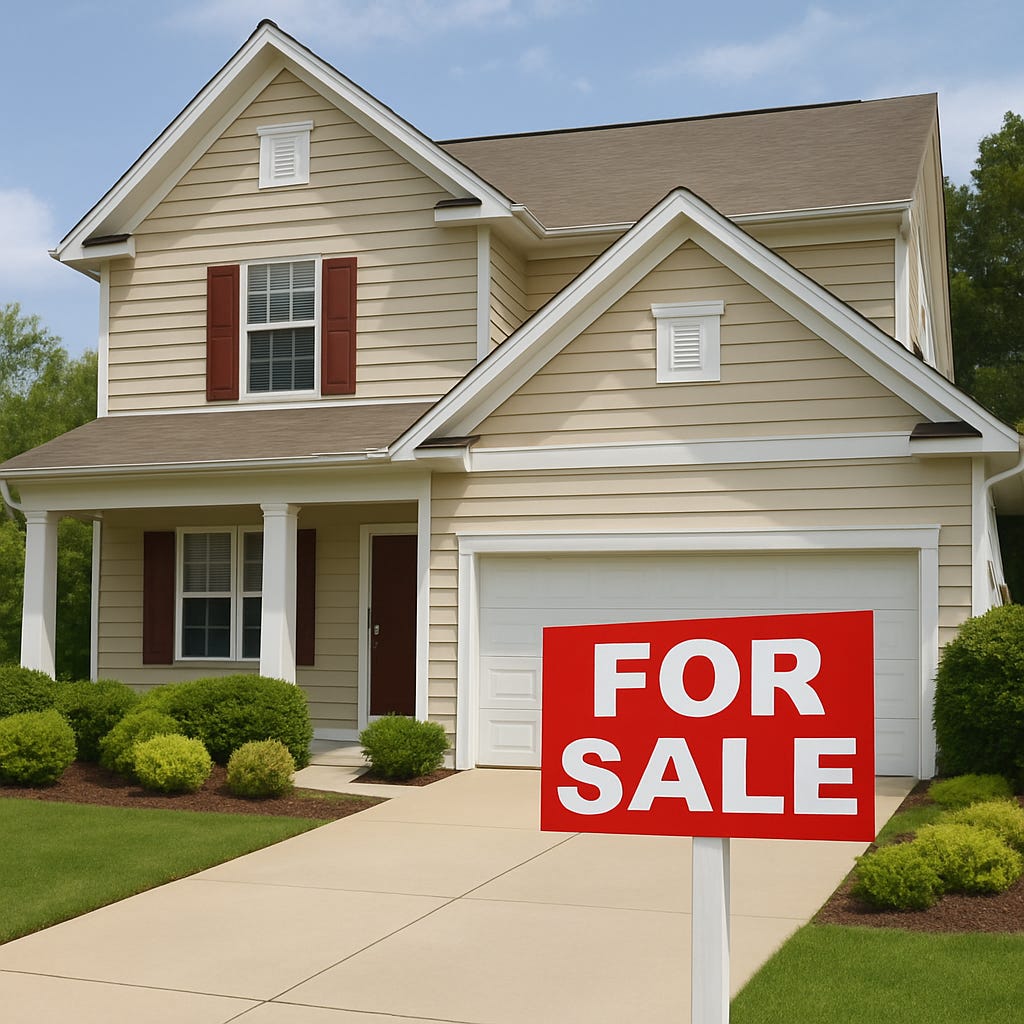Millage Rates: The Hidden Tax Increase Families Can’t Afford
Property taxes are one of the most frustrating taxes Mississippians face, and they often rise quietly through something called the millage rate. Most homeowners don’t think about millage until the tax bill shows up in the mailbox, but by then the decision has already been made and the money already spent.
A “mill” is one-thousandth of a dollar, applied to the assessed value of your home or land. In Mississippi, an owner-occupied home is assessed at 10% of its value. That means a $100,000 home is taxed on $10,000. If your county, city, and school district together charge 125 mills, your bill comes out to $1,250.
That’s a lot of money for working families, retirees, and farmers. And here’s the problem—too often, local boards quietly raise the millage rate instead of tightening their belts. It may not be called a “tax increase,” but it has the same effect: families pay more while government grows.
Yes, we all want good schools, safe roads, and reliable services. But those things don’t require endless tax hikes. What they require is responsible leadership, disciplined spending, and respect for the fact that every tax dollar comes out of a family’s pocket first. Raising millage should be the last resort, not the first solution.
Property taxes are unique because they never go away. You can pay off your home, but if you fall behind on property taxes, the government can still take it. That’s why millage rates matter so much—they’re about more than budgets, they’re about protecting property rights and keeping our communities affordable.
Every supervisor, school board member, and city official should be asked one simple question before they vote to raise millage: are you protecting taxpayers, or are you growing government?
The people of Mississippi deserve leaders who put families first, live within their means, and treat every dollar with care. If we keep watch on millage rates, we can make sure government works for us—not the other way around.




I asked our mayor essentially that question and all I got back was the idea I am against progress. I pointed out that we are growing much faster than our infrastructure can accommodate. Frustrating that we are trying to grow beyond our means of support.